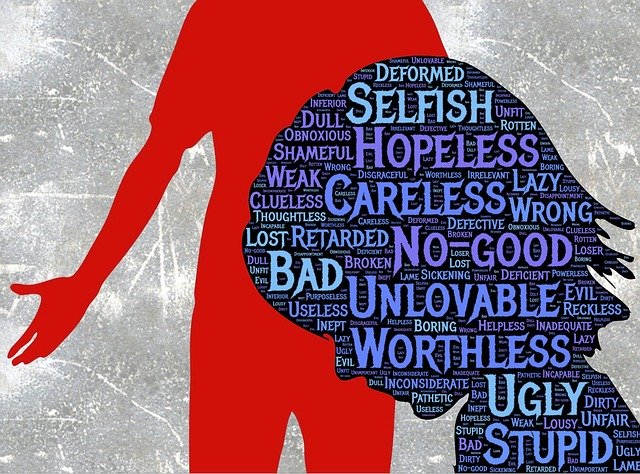Matthew 5:22
But I say to you that whoever is angry with his brother without a cause
shall be in danger of the judgment. And whoever says to his brother,
‘Raca!’ shall be in danger of the council. But whoever says, ‘You fool!’
shall be in danger of hell fire.
Unjustified Anger
Being angry without cause is clearly a problem according to this Bible verse with the threat of judgment. Some interpretations view anger alone as potential ramifications for being judged. A careful review of our violated beliefs or values can help us to clarify what our anger is about and how this may warrant an appropriate Christian response. Christians believe that Jesus is the ultimate judge of our sin and our anger is no exception to that part of the equation.
Raca as Insult
To insult someone with "Raca" is likely to be interpreted as calling someone "worthless," "empty," or "stupid." This insult is still relevant today when we consider how many people resort to name-calling or insult when angry. In family therapy we refer to these comments as "hitting below the belt" and unhelpful in healing relationships or promoting peaceful resolution.
Hell Fire
Christians understand this Bible passage as a warning of long-term consequences for angry words that are meant to be hurtful.
It can also be argued that people who use blaming, shaming, or unhelpful words when angry make "hell fire" of their own making. When we limit ourselves to the negative cycle of insult-hurt-insult, we confine ourselves to a prison of unending hurt and pain.
Practice Makes Perfect
Matthew 19:21 includes a comment from Jesus of "if you want to be perfect" to the man who wanted to know what else he could do (beyond following the 10 commandments). If we take the underlying message from Matthew 5:22 to heart it is possible to dedicate our time and energy to practice of anger expression that excludes negative speech, insults, and the potential for judgment and hell fire. This work is specific to the Choice step in the "Amazon" Warrior Theory (McGinnis, 2008) model.


